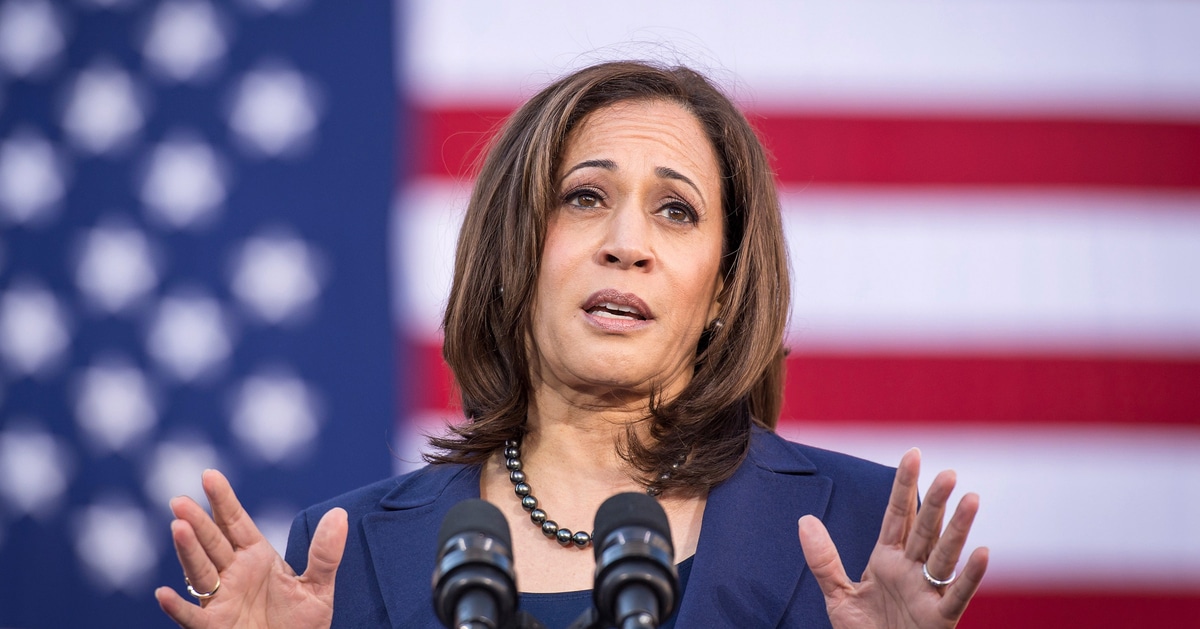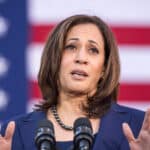





Donald Trump, citing a recent Supreme Court decision granting presidential immunity for actions taken in office, is pushing to overturn his conviction in a New York State criminal case.
CBS News reported that his attorneys argue that the evidence presented during his trial violated this presidential immunity doctrine, seeking to delay his sentencing while the matter is further litigated.
Donald Trump seeks to leverage a new Supreme Court decision regarding presidential immunity to overturn his criminal conviction in New York. A letter filed by his legal team on Monday and made public on Tuesday reveals his latest legal maneuver.
The strategy hinges on a recent Supreme Court ruling granting presidents immunity from federal prosecution for official acts. Trump's attorneys, Todd Blanche and Emil Bove, claim that the district attorney improperly introduced evidence of Trump’s official actions during his trial.
The attorneys argue that the conviction, securing his sentencing for July 11, violates the presidential immunity doctrine, posing a significant threat to the Executive Branch's autonomy.
Further briefings on the matter will commence on July 10, 2024. While Manhattan District Attorney Alvin Bragg's office disputes Trump's legal arguments, they do not oppose delaying the sentencing.
The DA’s office has requested until July 24 to respond to the motion.
Meanwhile, Trump awaits developments in his first criminal trial out of four cases against him. The New York case saw a unanimous jury convict him on May 30 of 34 felony counts related to falsifying business records to hide hush money payments.
These payments, linked to an adult film star, were signed off by Trump while he was in the White House in 2017.
The Supreme Court's recent ruling granted former presidents extensive immunity concerning their official conduct. Trump’s defense hinges on whether the actions in question should be classified as official presidential acts. This defense strategy had already been explored in the New York trial.
In 2023, Trump attempted to transfer the case to federal jurisdiction, claiming the conduct fell under his official presidential duties. However, a federal judge dismissed this argument, asserting that Trump's actions were purely personal and unrelated to his presidency.
Judge Alvin Hellerstein noted that the evidence pointed to the matter being a personal issue, describing the payments as an attempt to cover up an embarrassing event.
Trump initially appealed the federal court’s decision but later retracted it. The trial began in April, eventually resulting in his conviction by a jury, a verdict he has vowed to challenge.
Trump attorneys Todd Blanche and Emil Bove argue that the district attorney should not have been allowed to offer evidence of Trump's official acts at trial. They maintain that these verdicts violate the presidential immunity doctrine and create grave risks to the Executive Branch.
"[T]he Trump decision confirmed the defense position that [the district attorney] should not have been permitted to offer evidence at trial of President Trump's official acts," wrote Blanche and Bove in their letter to the judge.
The attorneys also quoted the Supreme Court ruling, stating, "The verdicts in this case violate the presidential immunity doctrine and create grave risks of 'an Executive Branch that cannibalizes itself.'" They emphasized the dangers of prosecutorial overreach into presidential actions.
Trump's legal team fiercely advocates that the nature of the charges against him — falsifying business records to mask hush money payments — does not pertain to his official duties as president.
Manhattan District Attorney Alvin Bragg's office, although disagreeing with the defense's claims, is not fighting the proposed delay in sentencing. They prefer to address the defense’s latest motion thoroughly before proceeding.
During the trial, U.S. District Judge Alvin Hellerstein made it clear that hush money payments do not relate to a president’s official acts. "Hush money paid to an adult film star is not related to a president's official acts. It does not reflect in any way the color of the president's official duties," he commented.
The next phase in Trump's legal saga will unfold as both sides prepare for the upcoming briefings. Whether Trump can successfully use the presidential immunity argument to overturn his conviction remains to be seen.
If the argument fails, Trump faces the possibility of being sentenced for his New York convictions. His team maintains that prosecuting a former president for actions taken while in office threatens the balance and function of the Executive Branch.
In conclusion, Trump's conviction was based on a unanimous jury finding him guilty of falsifying business records to cover up hush money payments. His legal team is now seeking to overturn the conviction, citing recent Supreme Court rulings on presidential immunity, with the next legal briefings scheduled for mid-July.



